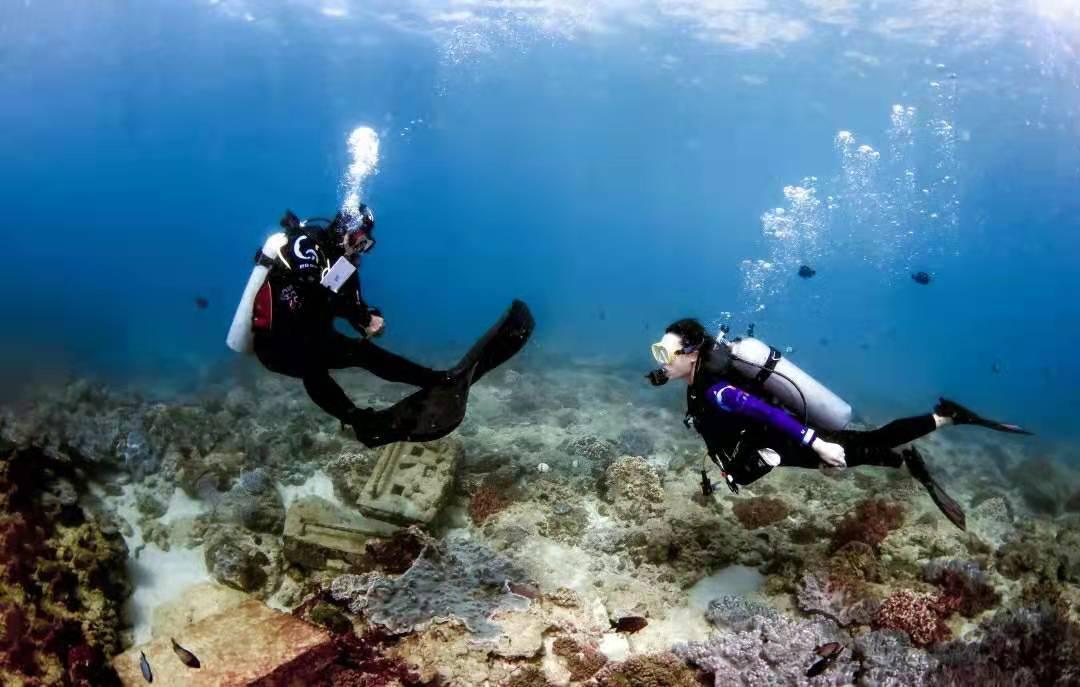
Natural disasters are events caused by natural forces that can cause significant damage to the environment and endanger the lives and well-being of people and other living organisms. They include phenomena such as earthquakes, floods, hurricanes, tsunamis, wildfires, and volcanic eruptions. One of the most devastating natural disasters is an earthquake. It occurs when the Earth's tectonic plates shift and release energy, causing the ground to shake. Earthquakes can result in the collapse of buildings, destruction of infrastructure, and loss of life. They can also trigger secondary disasters such as landslides and tsunamis. Floods are another common natural disaster that occurs when there is an excessive amount of water in an area. Heavy rainfall, melting snow, or dam failures can lead to flooding. Floods can cause widespread damage to homes, crops, and infrastructure. They can also lead to the displacement of people and the outbreak of water-borne diseases. Hurricanes, also known as typhoons or cyclones, are powerful storms that form over warm ocean waters. They are characterized by strong winds, heavy rain, and storm surges. Hurricanes can cause massive devastation, including widespread flooding and destruction of homes and buildings. The strong winds can uproot trees and power lines, leading to power outages and communication disruptions. Tsunamis are ocean waves triggered by underwater earthquakes, volcanic eruptions, or landslides. They can travel across the ocean at high speeds and cause enormous damage when they reach coastal areas. Tsunamis can obliterate entire communities, destroy infrastructure, and cause widespread loss of life. Wildfires are uncontrolled fires that spread rapidly through vegetation, fueled by dry weather conditions and strong winds. They can destroy vast areas of forests, habitats, and farmland, causing significant ecological and economic damage. Wildfires can also lead to the release of harmful pollutants into the air, jeopardizing the health of nearby communities. Volcanic eruptions occur when molten rock, ash, and gases are released from a volcano. They can result in the destruction of nearby communities, as well as long-term environmental consequences such as the deposition of ash and the formation of new landforms. Volcanic eruptions can also lead to the release of toxic gases into the atmosphere, posing a threat to human health. In conclusion, natural disasters are events caused by natural forces that can have devastating consequences. They can result in loss of life, destruction of infrastructure, and long-term environmental damage. It is crucial for governments, communities, and individuals to be prepared for such disasters and take appropriate measures to mitigate their impact.
本病对番鸭、半番鸭、产蛋麻鸭以及鹅均有致死性,其中番鸭和鹅相对较敏感。,公司被认定为省级智能工厂(数字化车间),智能互联网五轴机床VMC320U入选“山东制造·齐鲁精品”,“基于数字孪生技术的示教器终端系统的场景应用”入选省智能制造领域应用场景。
新铁锅千万别直接用,新锅正确的使用方法是什么?
使用新铁锅前,需要进行以下几个步骤: 1. 清洗:用温水和少量的洗涤剂轻轻清洗铁锅,去除表面的油脂和灰尘。不要使用金属丝球或硬质清洁刷,以免刮伤锅面。 2. 烘干:用纸巾或干燥的毛巾将铁锅擦干,确保铁锅的表面完全干燥。 3. 高温季节油:在铁锅内涂抹一层薄薄的食用油,如植物油或猪油。然后将铁锅放入热炉中,加热至适中的温度,使油在锅内形成一层薄薄的保护膜。加热时间约为10-15分钟。注意,此过程可能会产生浓烟,请确保通风良好。 4. 冷却:关闭炉灶,让铁锅完全冷却。 5. 清洗和保养:在使用铁锅后,用温水轻轻清洗,不要使用洗涤剂,然后擦干。避免长时间浸泡或使用粗糙的清洁工具。之后可以在锅内涂抹少量的油,以保持铁锅的润滑和防锈。 通过正确的使用和保养,新铁锅可以逐渐形成一层天然的防粘涂层,更加持久耐用,并且食物也会更易于烹饪。
,
考驾照科目二和科目三哪个难
这个问题很难回答,因为每个人的情况和经验都不一样。通常来说,科目二(车技操作)比科目三(道路驾驶)更容易,因为科目二主要是通过练习掌握车辆的基本操作技能,如起步、停车、变换车道等。而科目三则需要考生掌握更复杂的交通规则和道路驾驶技巧,如路口行驶、超车、掉头等。 然而,对于一些没有驾驶经验或者对道路交通规则不熟悉的人来说,科目三可能会更困难,因为需要在真实道路环境中进行驾驶训练和考试。此外,科目三考试还包括考官对考生的观察和评估,如判断交通状况和做出正确的决策等。 总的来说,科目二和科目三的难度因人而异,取决于个人的驾驶经验、学习能力和对交通规则的了解程度。无论是科目二还是科目三,只要认真学习和不断练习,相信大家都能够顺利通过驾驶考试。
江苏省卫生健康委在健康生活方式指导员培训中,强化了体卫融合方面的培训内容。,同时,要一视同仁满足不同所有制房地产企业合理融资需求,避免简单的“垒大户”和“一刀切”行为,继续用好“第二支箭”支持民营房地产企业发债融资,支持保障性住房等“三大工程”建设。







